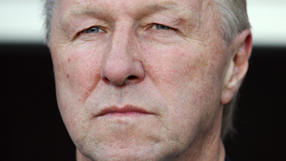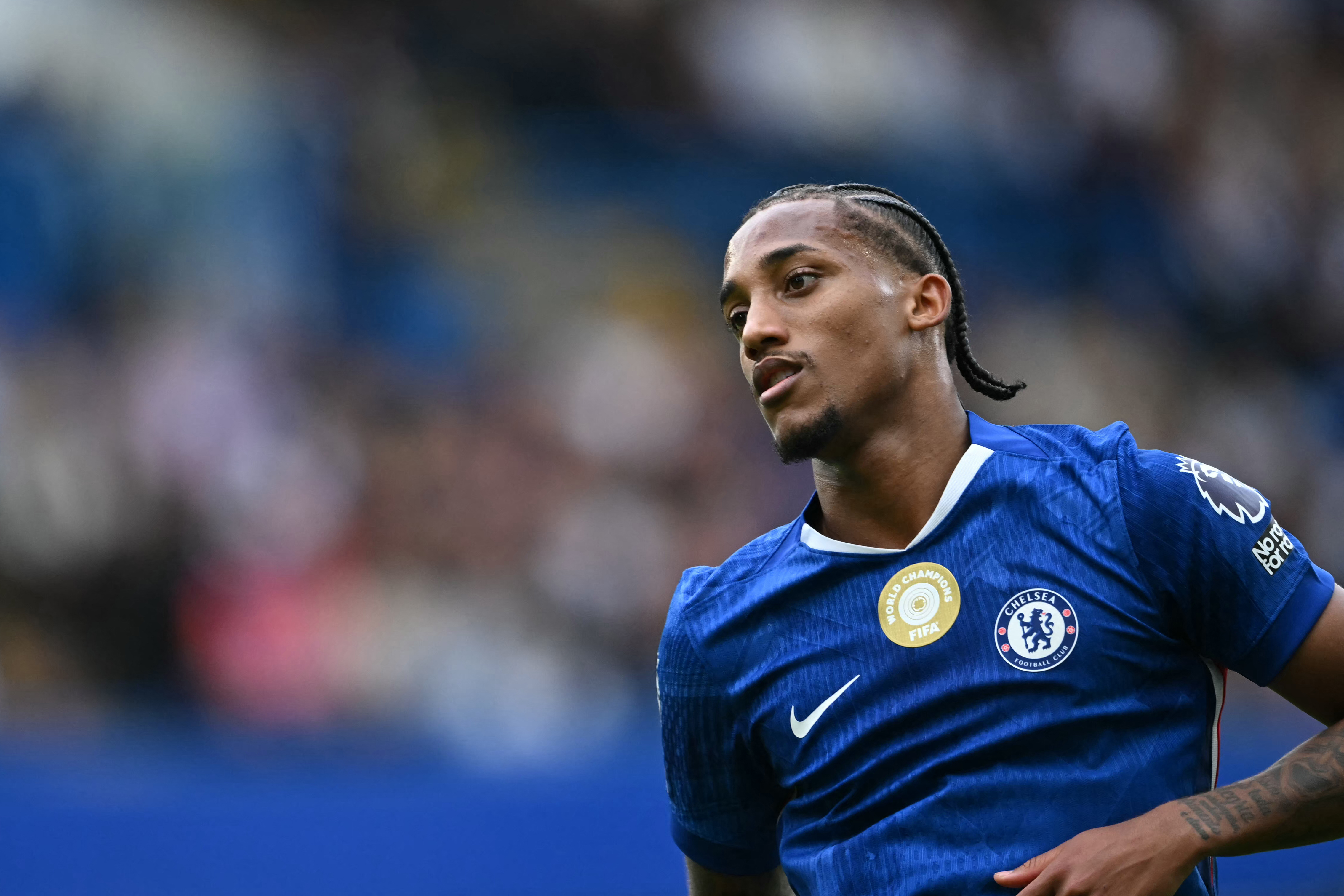
The former Germany forward, who coached the U19 and U21 to the European titles in 2008 and 2009, said more work must be done at junior level to improve the system responsible for the nation's youngest tournament team in 76 years.
Most of the players on Germany's youngest outfit since 1934, including Mesut Ozil, Manuel Neuer, Thomas Muller and Sami Khedira, emerged from the youth programme and were key figures in the humbling of England and Argentina in June and July.
"Now is the time to look around and see where can we improve the system. Even when things are going well you always need to look and see what can be improved," Hrubesch told Reuters in a telephone interview from Israel.
"It's when all is going well that you become complacent."
Hrubesch's first port of call would be to improve the quality of training at small clubs when players are in their early teens.
"Communicating with local federations, where the young players are being prepared. It is on this level that we can do more work to improve players and coaches.
"I see the young players in the small clubs, they have to teach them fun and fascination. Invest in training at that level in those small clubs. To find where the talents are who could move to the bigger clubs."
The best features, fun and footballing quizzes, straight to your inbox every week.
WORK TOGETHER
Bundesliga club academies provided 19 players in Germany's World Cup squad and 23 players in the U21 and 29 players in the U18 during the 2009/10 season, according to the football league (DFL).
Bundesliga champions Bayern Munich's own youth scheme has provided six of their starting players this season while runaway leaders Borussia Dortmund regularly start with five players who have come through their junior teams.
Each first and second division club is obliged to run a youth academy in return for their playing licence, while a set of ratings can increase funding to these training schools.
Hrubesch feels clubs, league and federation should work closer together so as not to waste or overlap resources.
"We need to bring all those pieces of the puzzle closer together," said Hrubesch. "There is room for improvement. For example to look at what work is being done in the east," Hrubesch said.
No club from the east of the country is playing in the top division, 20 years after West Germany and East Germany reunified which included the formation of a single soccer federation.
Germany has overhauled its youth scheme in the past decade, with the football federation (DFB) being the biggest single national sports federation in the world with more than 6.7 million members in 2010.
Apart from the federation's work done across 25,000 schools up to its elite football schools, the country also benefits from more than 80 million euros being poured annually from Bundesliga clubs into youth development, more than 515 million euros since 2002.
"In my opinion there is no national federation or league in the world that is investing more or doing more in youth work than
 Join The Club
Join The Club





